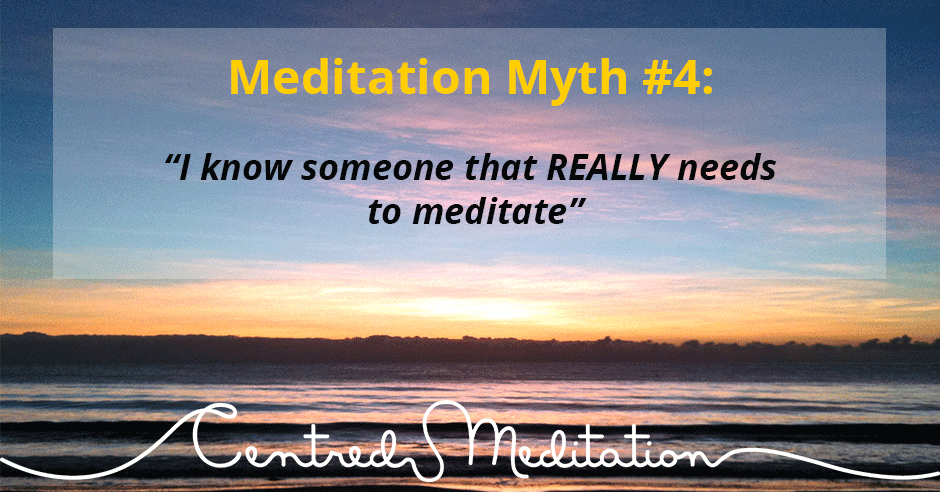Here’s the cold hard truth…YOU really need to mediate. In fact, we all do. The reason is simple: we are stressed.
Are we really that stressed?
- The Australian Psychological Society Survey on Stress and Wellbeing in 2014 discovered that one in four Australians reported moderate to severe levels of distress and almost one in seven Australians reported depression and anxiety symptoms in the severe to extremely severe range
- The American Psychological Association and the American Institute on Stress found in 2014, that 73% of people regularly experience psychological symptoms caused by stress, 33% feel that they are living with extreme stress, and almost 50% feel that their stress has increased over the past five years
- According to the Meridian Stress Management Consultancy in the U.K, almost 180,000 people in the U.K die each year from some form of stress-related illness
- The Centre for Disease Control and Prevention of the United States estimates that stress account about 75% of all doctors visit
- According to Occupational Health and Safety news and the National Council on compensation of insurance, up to 90% of all visits to primary care physicians are for stress-related complaints
Why is it such a problem?
Research has indicated that stress is a contributing factor in (and not limited to)…
- Cancer
- Coronary heart diseases
- Accidental injuries
- Respiratory disorders
- Cirrhosis of the liver
- Depression & anxiety
- Infectious diseases
- Ulcers
- Sleep problems and insomnia
- Fatigue and tiredness
- Back pain
- Headaches
- Obesity
- Diabetes
- Hypertension
- Poor memory
- Alzheimer’s Disease
- Osteoporosis
- Suppressed libido
- Memory & concentration problems
How meditation helps
Countless scientific studies have proven that meditation reduces stress. It triggers in the body the relaxation response (the opposite of the fight or flight response), through the activation of the parasympathetic nervous system. Amongst a host of other physiological reactions, the stress hormone – cortisol – decreases in this state.
What the future holds
Back in the 1950’s, if someone mentioned that they were going for a run, a typical response might have been: “What are you running from”? The health benefits of exercise simply wasn’t widely researched or well-known yet. But now it is. And as you know, exercise is mainstream. A typical response nowadays to the same statement might be: “How many K’s”? We believe this is where meditation is heading too. At Centred Meditation, we envision a world where meditation is as accepted and prolific as exercise. The revolution has already started…


